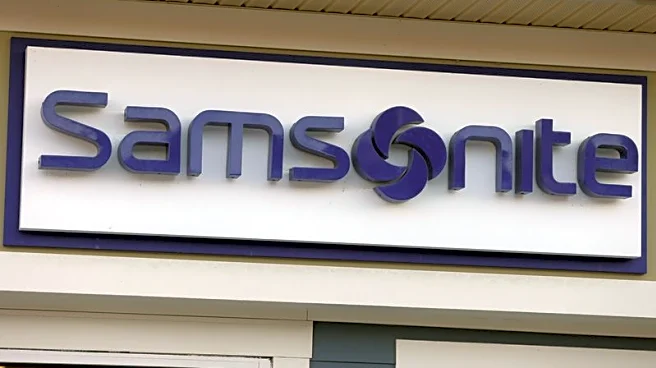By Deborah Mary Sophia, Akash Sriram and Jaspreet Singh
(Reuters) -Three of the biggest U.S. technology companies flagged plans on Wednesday to accelerate capital spending over the next year but investors
were most accepting of Google-parent Alphabet's ability to fund its plans from its cash flow.
Alphabet, Microsoft and Facebook-owner Meta all announced plans for higher annual capital expenditures as they pour money into chips and data centers.
Shares of all three have risen substantially this year on expectations that they will be winners in the AI race, but investors only cheered Alphabet's report as they calculated the costs to each firm of the investments.
All three reported stellar revenue growth in their key businesses, but investors pushed up Alphabet shares 6% and knocked down Microsoft by 4% and Meta by 8% in after-hours trading. A key reason for that split, analysts say, is Alphabet's ability to balance its soaring expenses with strong cash flow.
"I would think that comes into play - to have capital spending be a lower percentage of revenue and cash flow. That maybe gives investors more comfort. All the players are ramping up spending pretty dramatically, and there’s been a lot of concern about pressure on free cash flow," said Dave Heger, senior equity analyst Edward Jones.
Alphabet's capital expenditure of $23.95 billion in the September quarter was 49% of its cash generated from operations. The percentage for Meta, however, is 64.6%, with Microsoft even higher at 77.5%.
"Ongoing investments in data centers and AI infrastructure is a theme we've seen across Big Tech this earnings season. But unlike some of its peers, Alphabet is more than covering that spend with cash flow, and it's firing on all cylinders," said Josh Gilbert, market analyst at eToro.
Investors have become wary of AI spending but big tech companies are not detailing exactly how much AI contributes to revenue and profit.
With multi-billion-dollar deals being struck across the AI industry, investors are also growing cautious of a web of circular investments.
Still, executives were adamant that they had to spend to keep up with demand for AI computing power. Meta CEO Mark Zuckerberg said that in the worst-case scenario of over-investing in AI, the company would see "some loss and depreciation, but we'd grow into that and use it over time."
Companies with stronger cash flow can afford to invest more aggressively in AI infrastructure because they can tolerate lower returns on those outlays, said Dan Morgan, portfolio manager at Synovus Trust.
Major cloud computing provider Amazon will offer another piece of the AI investment picture and returns in the tech space when it reports third-quarter earnings on Thursday.
(Reporting by Deborah Sophia, Akash Sriram, Jaspreet Singh and Aditya Soni in Bengaluru; editing by Peter Henderson and Christian Schmollinger)










